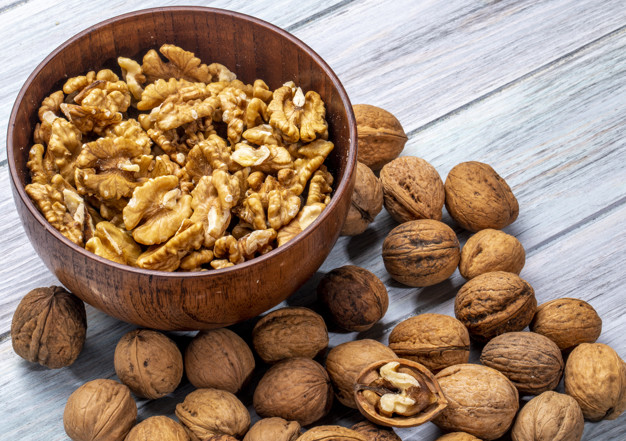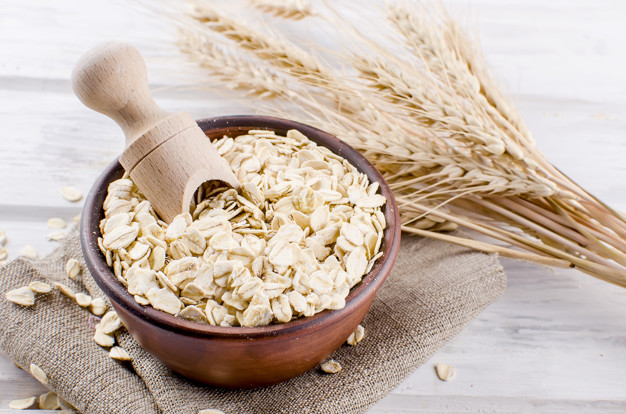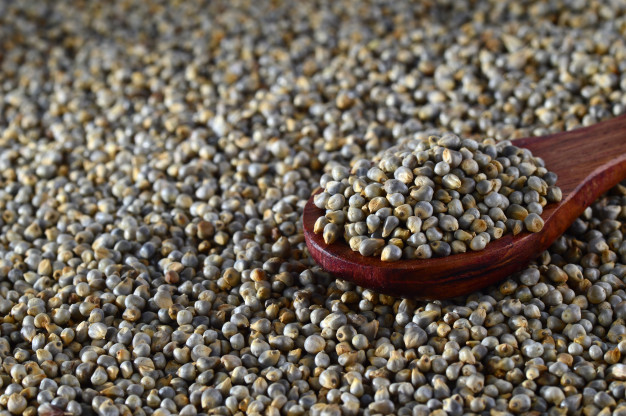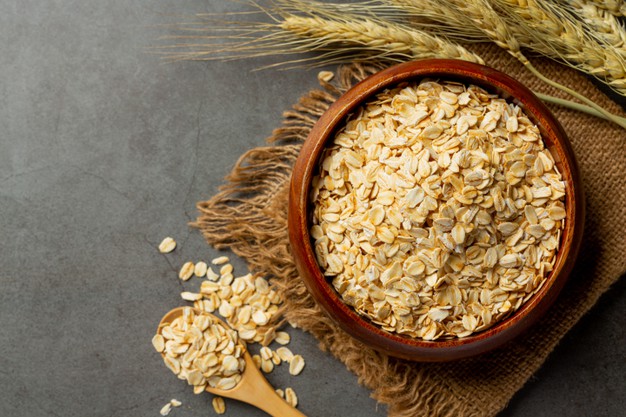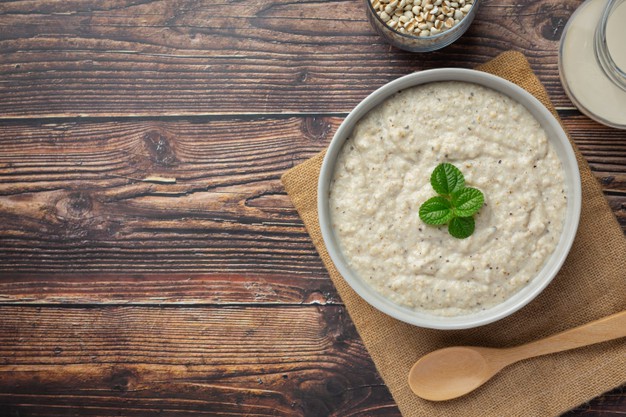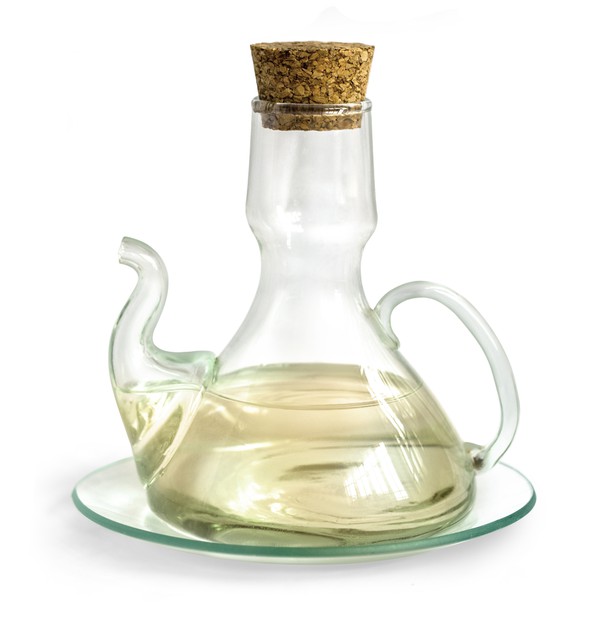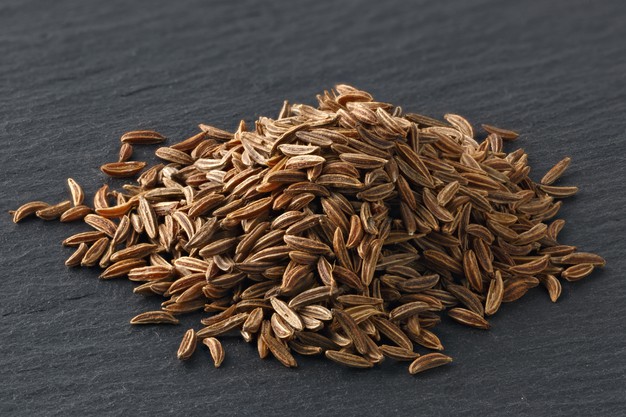Walnut, nutritional composition, antioxidant activity, anti-carcinogenic activity, anti-inflammatory activity, neuroprotective activity, hypoglycemic activity, hypolipidemic activity and nutraceutical activities
Description : Walnut is known as brain food as its consumption significantly improves brain functions. It is
Article Details :
Walnut is known as brain food as its consumption significantly improves brain functions. It is extremely tasty and contains several imperative nutrients that offer numerous health benefits.
Nutritional profile
- It contains lesser amount of carbohydrate
- It contains dietary fibre as well
- It is composed of various important amino acids
- It contains healthy fat. It is rich in unsaturated fatty acid and especially loaded with omega 3 fatty acid but it is absolutely cholesterol free
- It provides desirable amount of calories on its oxidation as it contains significant amount of fat
- It contains several vitamins like Vitamin A, Vitamin C, Vitamin E, Vitamin B1, B2, B3, B6, B7 and B9
- It is also loaded with various important trace elements, which include calcium, phosphorus, iron, copper, manganese and magnesium
- It contains several phytonutrients too that exert potent nutraceutical activities

Biological activity
Antioxidant activity
- Walnut is packed with melatonin, Vitamin E and polyphenolic components, which exert potent antioxidant activity
- It helps to decrease the concentration of free radicals and reactive oxygen species in body
- It also helps to prevent lipid peroxidation
- Its consumption is very much beneficial for reducing the susceptibility of developing chronic diseases as it helps to decrease oxidative stress
Anti-inflammatory activity
Its polyphenolic components especially ellagitannins exhibit anti-inflammatory activity thus its consumption is thought to be extremely beneficial for reducing inflammation, swelling and pain
Anti-carcinogenic activity
- Its polyphenolic components, unsaturated fatty acid contents and antioxidant activities play imperative role in reducing the prevalence of carcinoma
- Consumption of walnut significantly reduces the risk of developing prostate, breast, pancreatic and colorectal cancers
Health benefits
Role on nervous system
- Walnut contains several imperative nutrients that help to promote the health of nervous system
- Its unsaturated fatty acid content especially omega 3 fatty acid content plays vital role in improving brain’s activity
- On the other hand its B vitamin components especially Vitamin B6 helps in promoting the growth and development of brain too
- It has seen that individual who consume walnut have better brain functions than others like they have relatively faster processing speed and they have more mental flexibility
- It also helps to improve memory and cognition
Role on skeletal health
- Consumption of walnut is considered as an effective measure for maintaining a healthy skeletal system
- Its calcium and phosphorus components play imperative role in healthy bone formation
- It helps to increase bone mineral density. Copper is another important component found in walnut, which also helps in increasing bone mass and density thus its consumption is thought to be extremely helpful for improving the symptoms of osteoporosis
- It also helps to improve the strength of bone thus reduces the prevalence of fractures
- It is associated with repairing bone damages as it stimulates the synthesis of connective tissue
- Its magnesium component also plays vital role in healthy bone formation as it helps to enhance the absorption of calcium within bones
- It helps to improve joint functionality as well

Role on metabolism
- It plays imperative role in boosting up overall metabolism of body
- It helps to improve the energy level
- It is extremely useful for enhancing slow moving metabolism
Role on digestive health
- Its consumption is very much useful for preventing various digestive issues
- Its fibre content plays imperative role in preventing constipation. Fibre found in walnut also improves peristalsis as a result improves colonic health and decreases the susceptibility of developing diverticular disease
- It helps to promote the growth of intestinal beneficial microbes, which in turn produce butyrate that helps to nourish the gut hence improves overall gut health
- Its antioxidant and anti-inflammatory activities are also accountable for protecting the digestive tract from damages thus lessen the risk of developing ulcers, inflammatory bowel disease and irritable bowel syndrome
Role on reproductive health
- It has seen that consumption of walnut is extremely helpful for improving reproductive health especially male reproductive health
- It Read more

